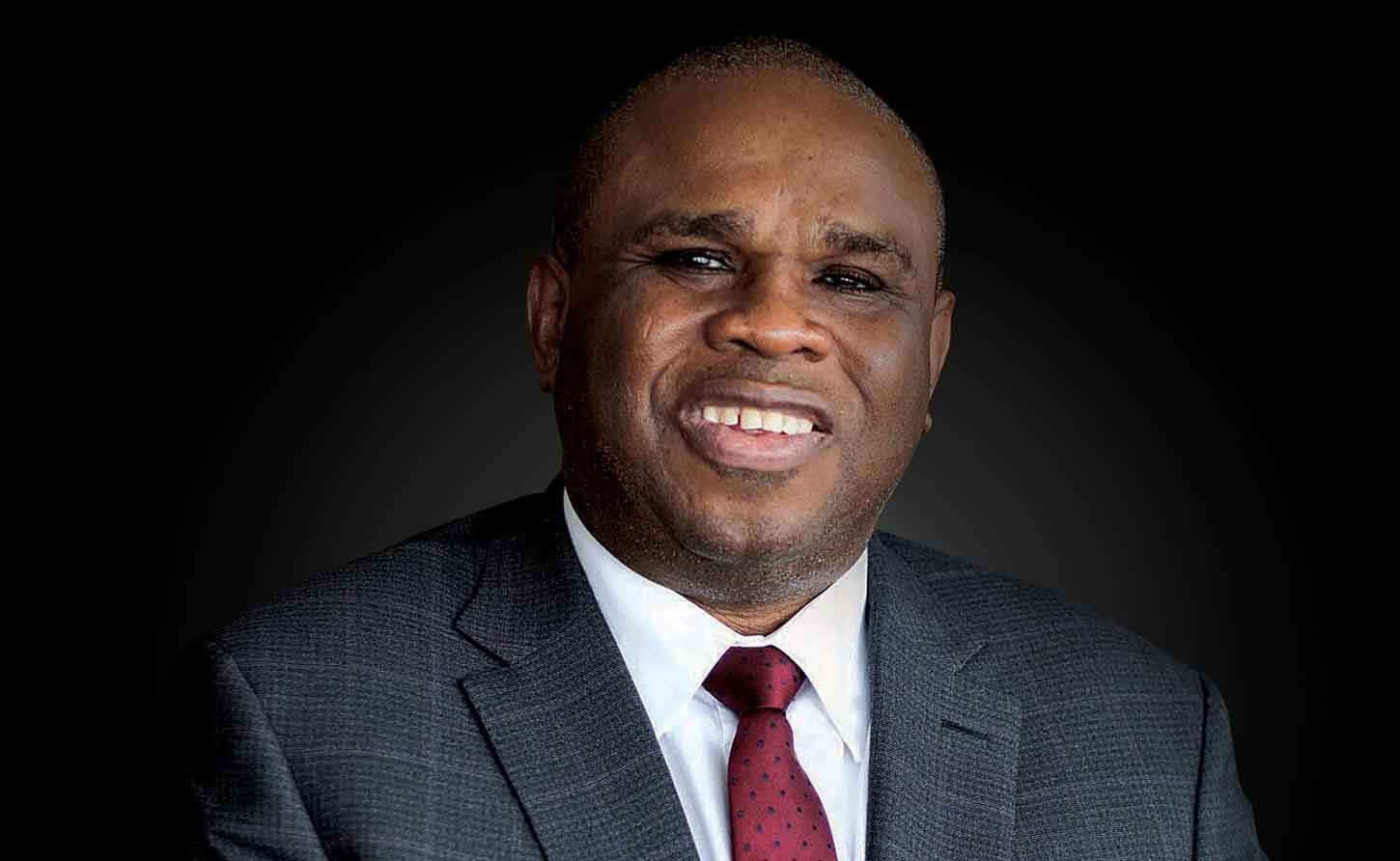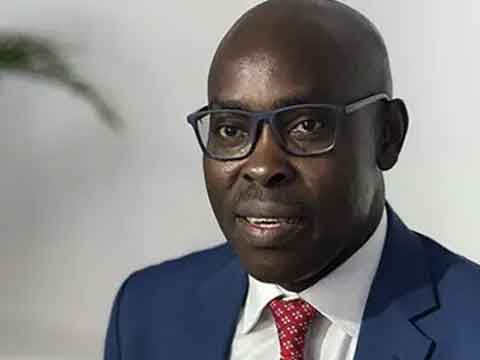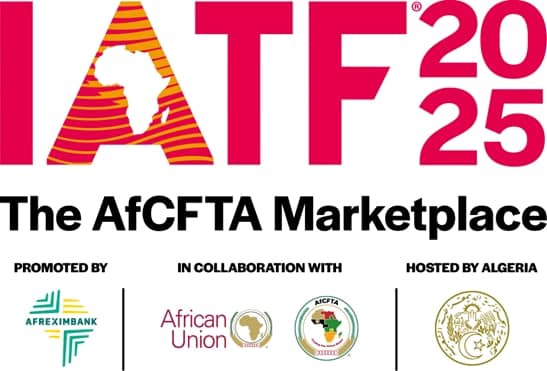AFRICA | Africa-Caribbean Air links and Trade: All Talk, Very Little Substance

ABUJA, Nigeria, June 27, 2025 - The Promise: Direct flights linking Africa and the Caribbean are imminent, heralding a new era of commerce. The Reality: After decades of similar promises, bilateral trade between two regions with a combined 1.7 billion people remains stuck at a measly $729 million annually.

When Optimism Meets Arithmetic
The gulf between aspiration and achievement is breathtaking. Current Africa-Caribbean trade represents barely a rounding error in global commerce—less than what Apple generates in revenue every three weeks.
Research suggests this could theoretically reach $1.8 billion by 2028, but even that ambitious target would pale beside the trade volumes routinely achieved between far smaller economic blocs.
Ihejirika's enthusiasm for connecting 1.4 billion Africans with Caribbean markets sounds compelling until you examine the logistics. His own admission that "many Africans require a visa to travel through the United States or the United Kingdom" inadvertently exposes the fundamental problem: both regions remain tethered to their former colonial masters for basic connectivity. How can they forge independent economic partnerships when they can't even bypass London or New York for a simple flight connection?
The Charter Flight That Wasn't Quite Historic

Airlines don't run routes based on diplomatic enthusiasm; they follow passenger loads and cargo volumes. The harsh reality is that Africa and the Caribbean export less than 3% to each other, with bilateral exports never surpassing 6% over the past decade. No airline executive would bet shareholders' money on such thin commercial foundations.
Conference Circuit Economics
Afreximbank's strategy increasingly resembles conference capitalism—creating platforms and events that generate impressive attendance figures but questionable real-world impact. The bank boasts that previous AfriCaribbean Trade and Investment Forums attracted "over 6,000 people" and produced "deals worth over US$202 billion."
Such figures demand forensic examination. In development finance circles, signed memoranda of understanding often bear little resemblance to actual disbursed capital or completed transactions. The gap between boardroom handshakes and marketplace reality can be vast enough to accommodate several Boeing 777s.
Structural Barriers Remain Stubbornly Intact
While Ihejirika speaks optimistically about "demand meet supply" scenarios, the underlying obstacles remain formidable. High tariffs persist as significant barriers, but non-tariff measures pose even larger obstacles, with trade costs in Africa estimated at double those in East Asia and OECD countries. When basic infrastructure, customs procedures, and regulatory frameworks remain inadequate, no amount of airline route planning can compensate.
The timing couldn't be more challenging. New U.S. tariff policies are disrupting global trade patterns, with African countries facing rates as high as 50% on certain exports. Rather than creating opportunities for South-South cooperation, these external pressures are forcing African and Caribbean economies to focus on damage control with their traditional Western partners.
Maritime Musings and Missed Opportunities
 Ihejirika's mention of future maritime connections reveals another layer of wishful thinking. He speaks of goods moving "through that short hub across the Atlantic" as if the Atlantic Ocean were a modest pond rather than a 3,000-mile expanse requiring serious shipping infrastructure and logistics networks that currently don't exist between these regions.
Ihejirika's mention of future maritime connections reveals another layer of wishful thinking. He speaks of goods moving "through that short hub across the Atlantic" as if the Atlantic Ocean were a modest pond rather than a 3,000-mile expanse requiring serious shipping infrastructure and logistics networks that currently don't exist between these regions.
The bank's upcoming events—IATF2025 in Algiers and ACTIF2025 in Grenada—promise more of the same: elaborate gatherings designed to showcase potential rather than deliver tangible results. The creation of a "diaspora day" for CARICOM at the Algiers fair represents genuine effort at inclusion, but symbols matter less than substance when trade volumes remain stagnant.
Reality Check Required
Afreximbank deserves credit for persistence and vision, but the Africa-Caribbean trade dream requires more than conference circuits and charter flights. Until both regions address their infrastructure deficits, regulatory complexities, and fundamental economic structures, direct flights will remain grounded in aspiration rather than market demand.
The question isn't whether airlines are "interested" in routes—airlines are interested in profitable routes. On that crucial metric, the evidence suggests Africa-Caribbean trade has considerable altitude to gain before achieving commercial takeoff velocity.
-30-
